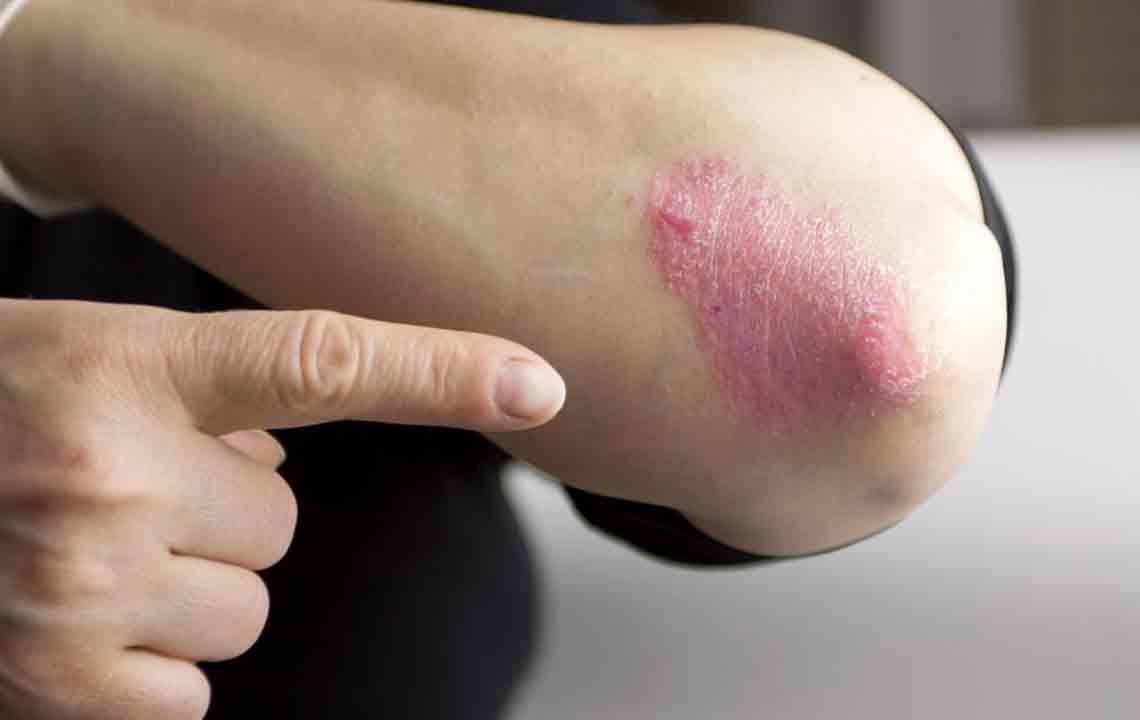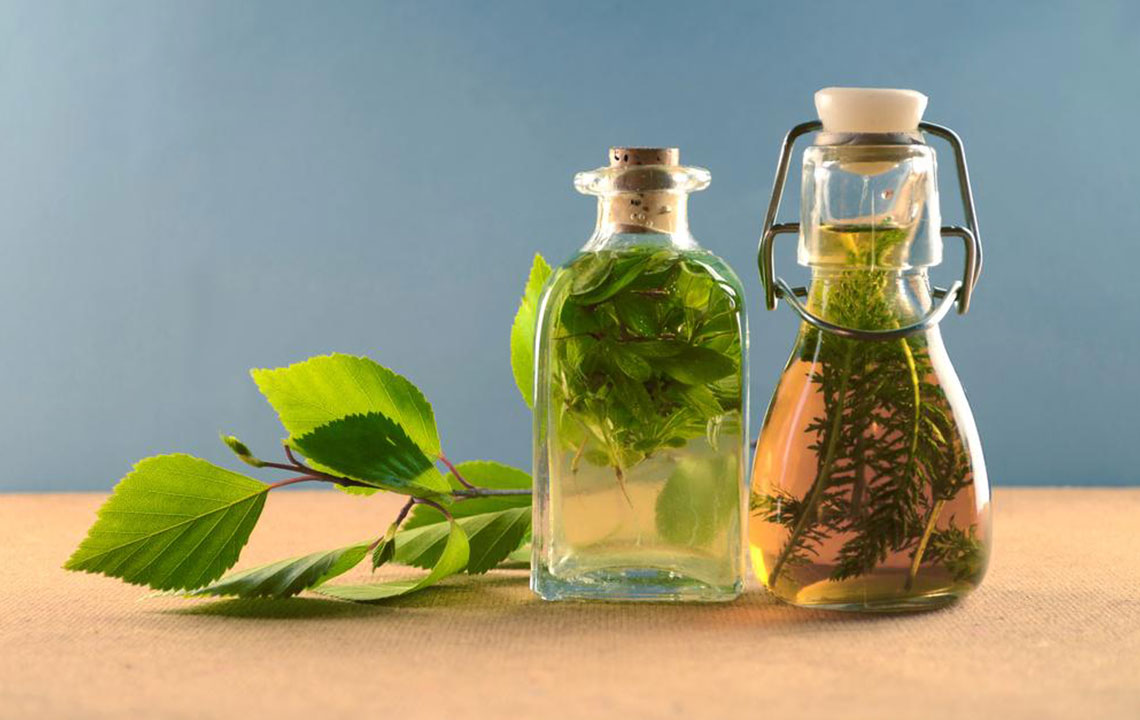Effective Strategies for Managing Psoriasis Symptoms
Discover effective methods to manage psoriasis symptoms through medical treatments and natural remedies. This article covers topical therapies, light treatments, medications, and at-home solutions, helping those affected understand their options for controlling flare-ups and improving skin health.

Effective Strategies for Managing Psoriasis Symptoms
How to effectively manage psoriasis symptoms
Psoriasis is a chronic skin condition characterized by red, scaly patches that can appear on various parts of the body. It is a non-contagious autoimmune disorder caused by an overactive immune response. While there is no permanent cure, symptoms can be managed through medication and natural approaches.
Understanding Psoriasis
Psoriasis results from accelerated skin cell production, leading to thickened, scaly patches. Triggers are diverse and include minor injuries, stress, infections, and immune system irregularities.
External factors like cuts and stress can provoke flare-ups. The skin's renewal cycle speeds from 10-30 days to just 3-4 days, causing buildup and raised patches with silvery scales. Psoriasis often manifests in early adulthood and may recur throughout life, mainly affecting scalp, elbows, knees, and lower back, sometimes involving nails.
To treat psoriasis, doctors may prescribe topical treatments, oral medications, or light therapy depending on severity, patient's age, and health status.
Topical Treatments
Various creams and ointments help reduce symptoms:
Salicylic acid
Promotes shedding of scales but can cause irritation if overused on large areas.
Calcipotriene
A vitamin D derivative that slows skin cell growth to control plaques.
Coal tar
Helps reduce scaling but may irritate scalp skin.
Retinoids
Assist in unclogging pores and reducing inflammation but may cause dryness.
Steroid creams
Commonly used to diminish inflammation and itching, though potent forms can thin the skin with prolonged use.
Light-Based Therapy
In severe cases, UV therapies like PUVA and UVB are options. While PUVA involves psoralen and UVA light, concerns about skin cancer risk mean UVB is now preferred due to its safety profile.
Medication Options
Severe psoriasis may require oral drugs or injections:
Retinoids can be effective but require caution for women planning pregnancy due to birth defect risks.
Biologic agents derived from proteins provide targeted treatment, though they are costly.
Immunosuppressants like cyclosporine or methotrexate can control immune activity but with potential side effects.
Natural Remedies
Alongside medical treatments, natural interventions can also help:
Diluted apple cider vinegar may relieve scalp itching but avoid if there are open wounds.
Bath salts such as Dead Sea or Epsom salts can soothe irritation; follow with moisturizer.
Rubbing banana peels over lesions can provide relief.
Oatmeal paste can calm inflamed skin.
Chamomile tea's anti-inflammatory properties may aid in symptom relief.
Castor oil mixed with baking soda helps certain lesions heal.
Aloe vera gel, possibly combined with garlic oil, can promote healing of rashes.
Olive or coconut oils serve as nourishing moisturizers for affected areas.










